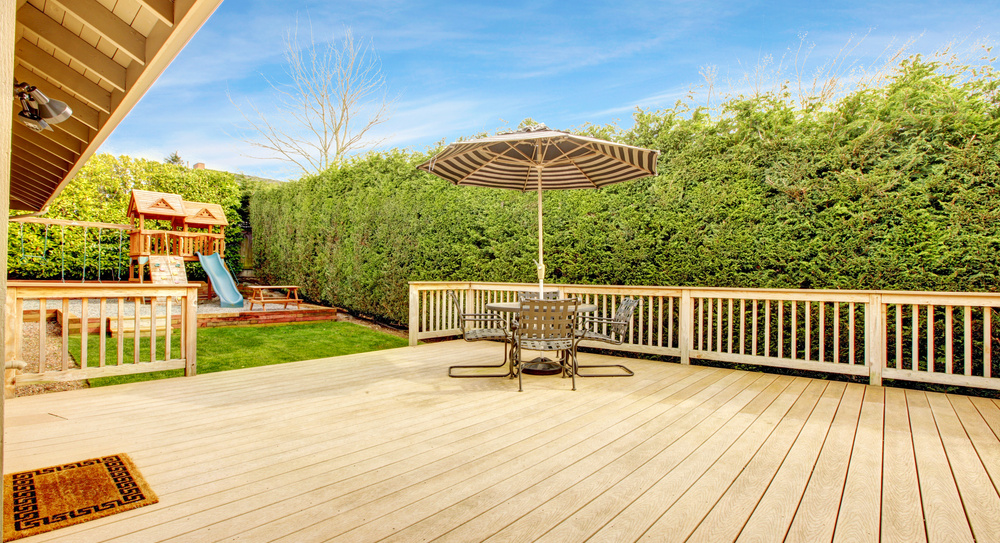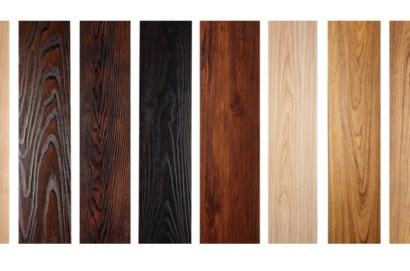When it comes to creating inviting outdoor spaces like decks and patios, the choice of wood for flooring is critical. Opting for the right type of wood ensures not only aesthetic appeal but also durability and resilience against outdoor elements. From natural beauty to weather resistance, various wood species offer distinct characteristics that cater to different preferences and climates. Let’s explore some of the best wood options for outdoor decks and patios to help you make an informed choice.
Cedar
Cedar is a popular choice for outdoor decking due to its natural resistance to rot, decay, and insect infestations. Its distinct aroma and rich hues add charm to outdoor spaces. While cedar may require regular sealing or staining to maintain its appearance, its natural oils provide some level of protection against moisture and weathering.
Redwood
Renowned for its stunning reddish-brown tones and natural beauty, redwood is a premium decking material. It possesses natural oils that enhance its resistance to decay, insects, and rot. Redwood’s durability and dimensional stability make it an excellent choice for outdoor applications. Like cedar, periodic maintenance with sealants or stains helps preserve its color and integrity.
Pressure-Treated Lumber
Pressure-treated lumber, typically Southern yellow pine, undergoes a preservation process that enhances its resistance to decay, insects, and moisture. The treatment involves chemical infusion to protect the wood fibers, making it a cost-effective and widely used decking material. Regular maintenance, such as staining or sealing, prolongs its lifespan and appearance.
Tropical Hardwoods (e.g., Ipe, Cumaru, Tigerwood)
Tropical hardwoods are renowned for their exceptional durability and natural resistance to rot, decay, insects, and moisture. Woods like Ipe, Cumaru, and Tigerwood boast rich colors, dense grain patterns, and exceptional strength, making them ideal for high-traffic outdoor areas. While more expensive, these hardwoods require minimal maintenance and can last for decades.
Composite Wood
Composite decking blends recycled wood fibers with synthetic materials, offering a low-maintenance alternative to natural wood. Composite materials resist rot, fading, staining, and insect damage, providing a durable and long-lasting decking solution. They come in various colors and textures, mimicking the appearance of natural wood without the maintenance requirements.
Key Considerations for Choosing Outdoor Decking Wood
- Durability: Select wood species known for their resistance to decay, insects, and weathering to ensure longevity.
- Maintenance: Consider the maintenance requirements, such as sealing, staining, or periodic treatments, based on your preferences and time commitment.
- Budget: Determine a budget that aligns with the desired wood species, balancing initial costs with long-term maintenance expenses.
In conclusion, choosing the best wood for outdoor decks and patios involves considering durability, aesthetics, maintenance, and budget. Whether you prefer the natural beauty of cedar and redwood, the durability of tropical hardwoods, or the low-maintenance aspect of composite materials, there’s a wood option suited to meet your outdoor decking needs.
At FloorU, we offer a range of high-quality wood options for outdoor decks and patios. Contact us today to explore our selection and find the perfect wood that combines beauty and durability to enhance your outdoor living space!




